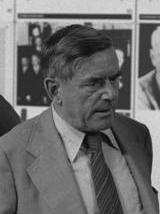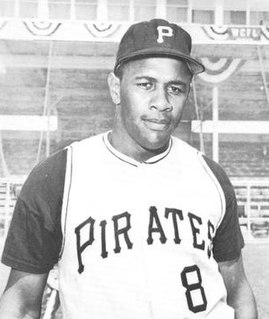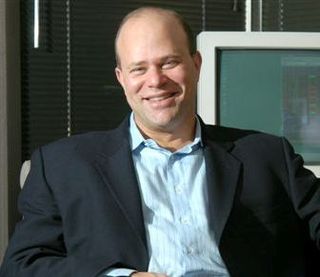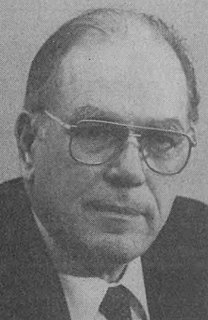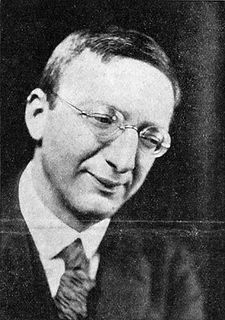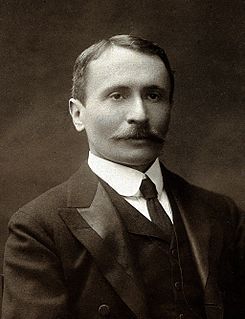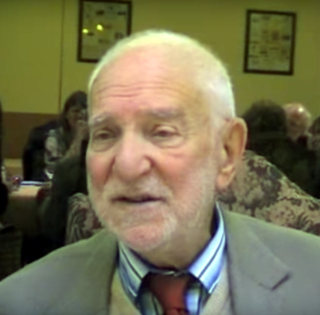A Quote by Golo Mann
It is not as easy to emigrate with steel mills as it is with the manuscript of a novel.
Quote Topics
Related Quotes
By 1975 - and continuing to today - all Americans came to believe that they had a "right" to a safe, clean, healthy environment. When I grew up, no one seriously criticized the steel mills and paper mills for the deadly stench they produced - that was the smell of prosperity. In the modern society, no one would tolerate such conditions in an American city.
In the night ride across the Wular lake a small storm made me worry for the safety of my manuscript (Rajatarangini). It seemed as if the goddess of wisdom - Sharada, represented by waters of Kashmir, was unwilling to let me abduct the manuscript. This is what happened 1200 years ago to the Chinese pilgrim Hiuen-Tsang, who had to leave his Sanskrit manuscript in the angry Indus River.
